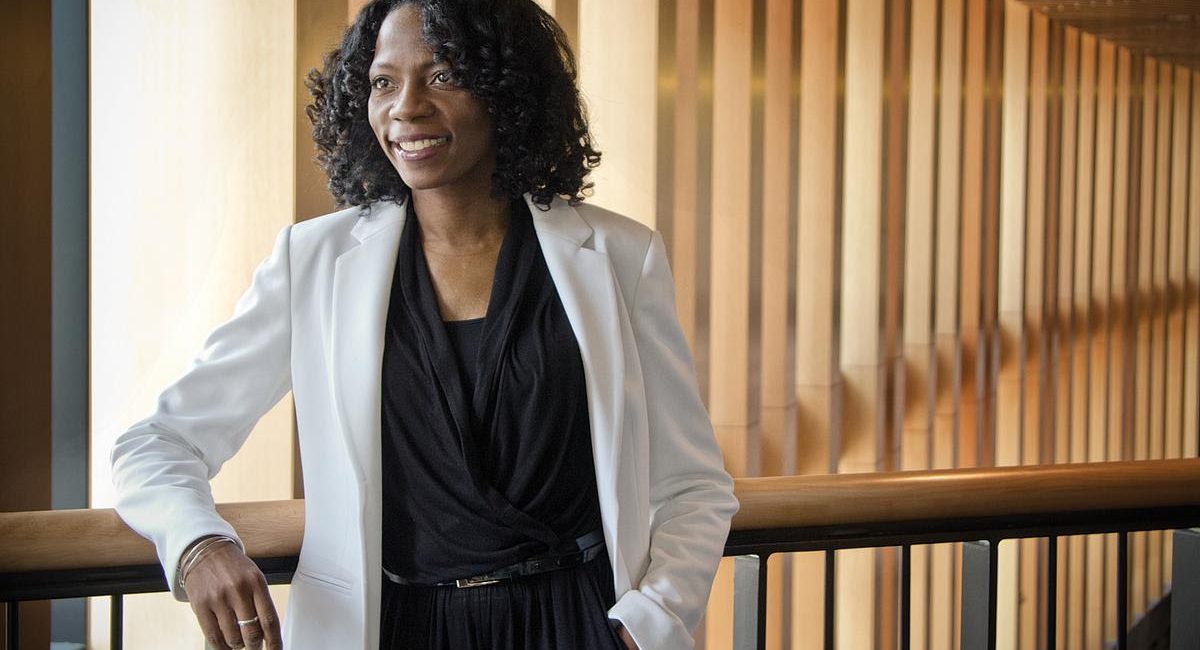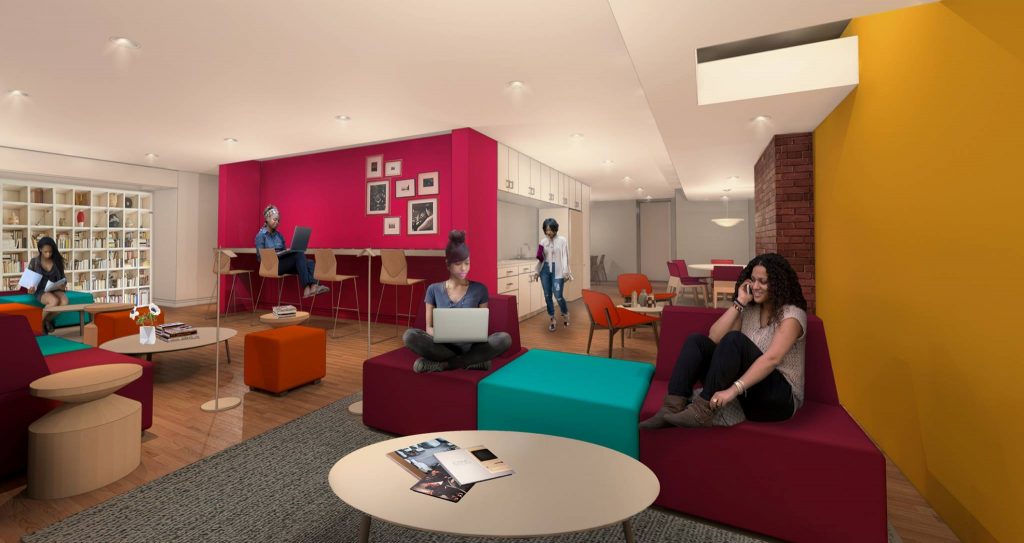
By Andre LaFontant
Roxbury, MA — Bridgette Wallace’s G|Code House is a progressive, communal living space geared towards developing young women of color into titans of tech. Wallace describes her organization as an unclouded reflection of her muse: her daughter.
“My daughter has played a critical role in motivating me to keep going,” she says. “When I thought about the things she had which allowed her to be successful, I realized much of her triumphs were owed to enjoying the comfort of a stable home and a network to tap into for answers. Those resources build your human capacity, propelling you into the next stage of life with purpose.”
The Victorian-era home in the heart of Boston’s Roxbury neighborhood will house 14 women, ranging in age from 18-25, as they construct a bridge between their aptitude for STEM-based skills and the actualization of promising careers. Reappropriated by architectural design firm Sasaki, G|Code House is founded upon the need to educate, activate, and incubate an untapped human resource within the greater Boston social fabric.

Rendering by Sasaki, depicting the final look of the basement as a collaborative workspace for the participants.
“Having site control was paramount to ensuring that we have full reign over the services we are going to provide,” Bridgette explains. “My work in the community with young people led me to conversations that were dominated by concerns over gentrification and being forced to leave a community where so many roots are established. Given Roxbury’s proximity to high-tech hubs like Kendall Square and the Seaport, why wouldn’t we put an emphasis on increasing that pipeline here?”
In that respect, G|Code House is a “disruptive stabilizer,” debunking the double message that, according to its founder, “tells one group of people that Roxbury is a prime location to invest in while describing to another the need to take any opportunity to leave.”
G|Code participants are encouraged to stay for up to two years, cycling through internships and job opportunities with tech companies that have invested in the initiative all the while engaging in rigorous seminar and hands-on applications to further along their knowledge base. Much of G|Code’s value, however, comes from the holistic support it provides young women.
“During a soft launch of the G|Code concept in late March, a panel of young women found the rigors of coding much more surmountable than dealing with imposter syndrome or feeling undervalued and invisible by the companies that recruit them—but don’t expand company culture to include them,” Bridgette explains.
For more information on G|Code House and its programs visit: https://www.thegcodehouse.com


